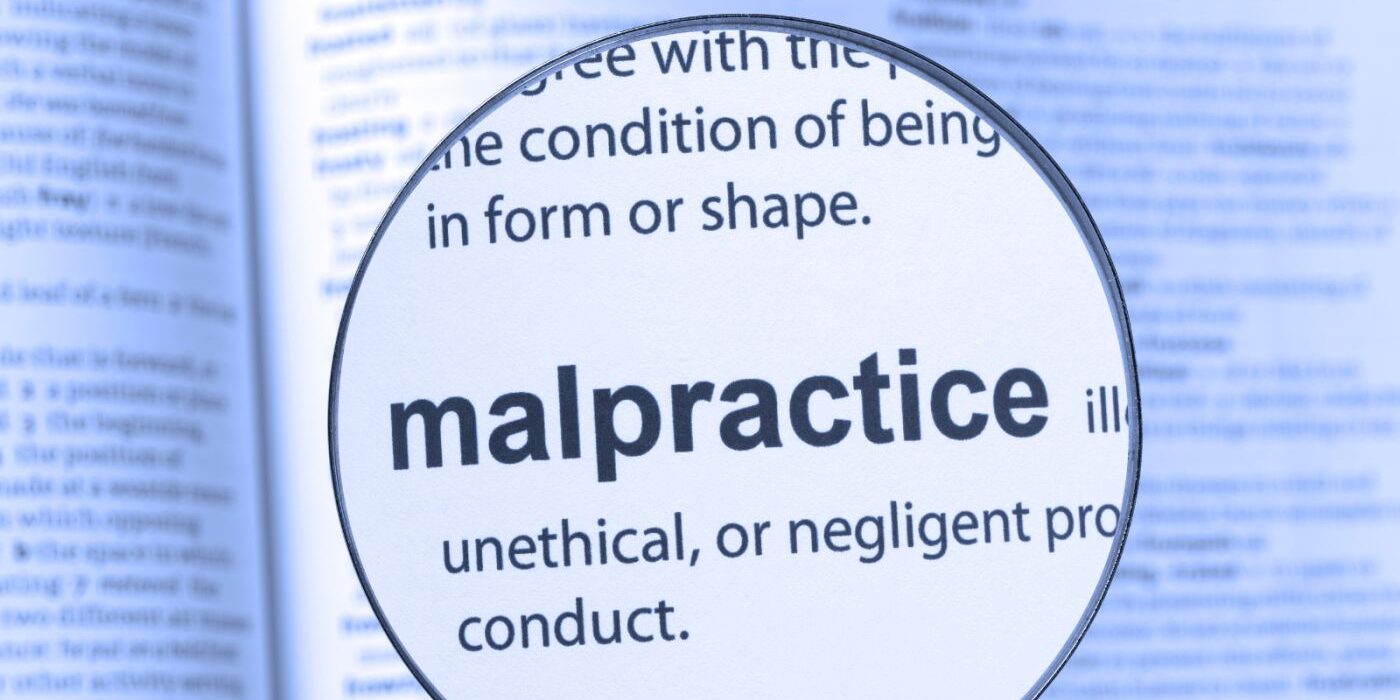
How to Know if You Have a Claim for Medical Malpractice
Healthcare professionals take an oath to help and not cause harm. When they make mistakes, a patient can be catastrophically injured due to permanent disfigurement, disabilities, high medical bills, time away from work, and in some cases can be killed. Unfortunately, medical errors are the third leading cause of death in the United States, killing over 250,000 people each year. If you have a grievance with a Kansas City medical provider, you may be curious if you have a claim for medical malpractice. Medical malpractice claims are some of the most difficult claims to pursue and generally, only those claims involving serious injuries and/or death can usually be pursued with legal action.
The laws for medical malpractice vary by state, but in most states to be able to pursue a claim for medical malpractice, the following must be true:
- Medical negligence occurred;
- The negligence caused or contributed to cause serious injuries and/or death; and
- The injuries caused specific, measurable damages.
It is important to have a clear understanding of what constitutes medical negligence. Just because you are unhappy with the care you received does not mean that the provider was negligent. Things like gruff bedside manner and personal dissatisfaction with a prescribed treatment plan do not equate to medical negligence or legal liability.
In other personal injury claims, negligence is defined as a failure to behave with the same level of caution as a reasonably prudent person. In the medical field, negligence occurs when a provider fails to uphold acceptable medical standards or fails to provide care that another provider with similar training or certifications would have given under similar circumstances. Medical negligence can occur through both acts and omissions. For example, if the known standard of care in the treatment of pneumonia is the administration of intravenous antibiotics and a provider fails to start antibiotics resulting in a patient’s death, that provider may be liable for wrongful death caused by medical negligence. The following are common types of medical negligence in Kansas City:
- Misdiagnosis;
- Failure to diagnose;
- Failure to perform necessary testing;
- Failure to adequately monitor;
- Medication errors;
- Botched surgeries; and
- Leaving surgical equipment and tools inside the body.
When it comes to proving that you or your loved one has been a victim of medical malpractice, negligence is only part of the equation. Medical malpractice only occurs when medical negligence causes or contributes to causing harm (injuries). For instance, if one of the above types of negligence occurs and the patient makes a complete recovery, that is usually not an actionable case of medical malpractice. Alternatively, if one of the above occurs resulting in a catastrophic injury or death, one is usually able to pursue a malpractice injury claim or wrongful death claim.
Similarly, for a successful medical malpractice claim, damages must exist. In Kansas City, specific, measurable damages include physical pain, mental anguish, medical bills, lost wages from time away from work and lost earning potential caused by a resulting disability.
Steps to Pursuing a Kansas City Medical Malpractice Claim
- Take good notes – If you are concerned that something is off, make notes, take photos or record videos. This documentation may become very important. Make sure you are following all instructions given by your treatment providers and if you feel you are in danger, call 911 or go to the nearest emergency room for care.
- DO NOT RETURN TO A PROVIDER WHOM YOU FEEL IS NEGLIGENT!
- Get a Second Opinion – if you feel a specific provider has injured you, seek out a second opinion to determine if that is the case.
- Autopsy – in cases involving death, if you suspect medical malpractice has occurred, autopsies are crucial. If an autopsy is not performed, you may not be able to pursue a claim.
- Death Certificate – If applicable, you should obtain a copy of the death certificate.
- Gather all related medical records – most attorneys will need to review your or your loved one’s medical records to properly evaluate the case. You should be able to contact the release of information or the health information management department of the facility where treatment was received and request a copy of the injured person’s complete medical record. If the individual was treated at more than one facility, i.e., a skilled nursing facility or in-patient rehabilitation, you will need to request records from each facility. Most hospitals provide instructions on how to request medical records on their website. If this is a lengthy process, do not get discouraged. Many facilities are short-staffed due to COVID and HIPAA guidelines apply. For more information on HIPAA guidelines for deceased individuals visit: HERE
- Contact an Attorney.
Not all law firms are created equal. Medical malpractice claims nearly always involve litigation. When selecting an attorney to review your case, pick one with extensive ligation experience. The Kansas City Medical Malpractice Attorneys at Kendall Law Group have been holding medical professionals accountable for decades and have guided many injured clients and family members to favorable results and large settlements.
Kansas City Medical Negligence & Wrongful Death Trial Lawyers
If you or your loved one has been a victim of medical malpractice, we know the process can be confusing and you might not know what to do next or where to turn. Kendall Law Group is here to help. Contact us at (816) 531-3100 for a free case evaluation or for guidance on how best to proceed.






